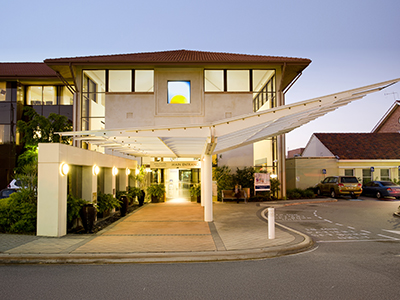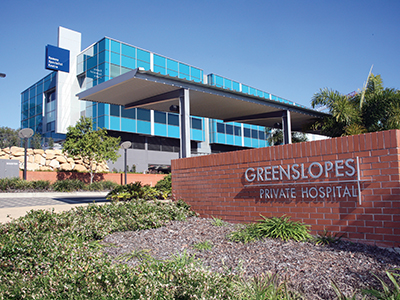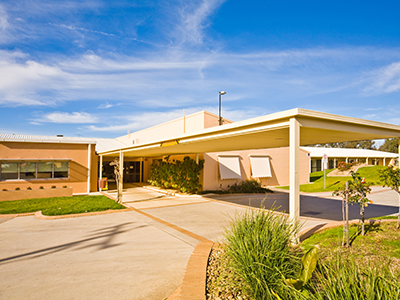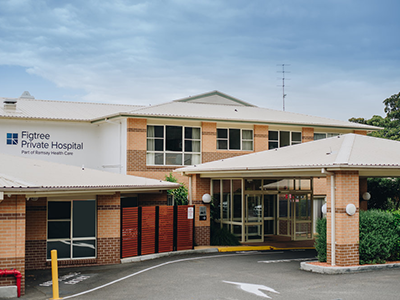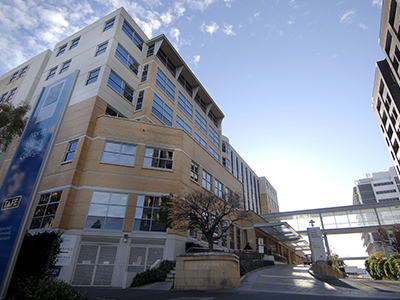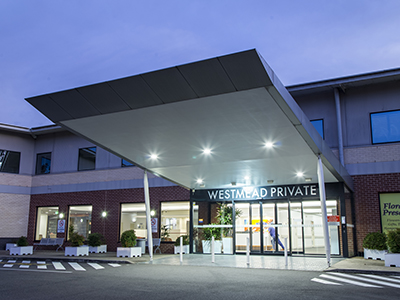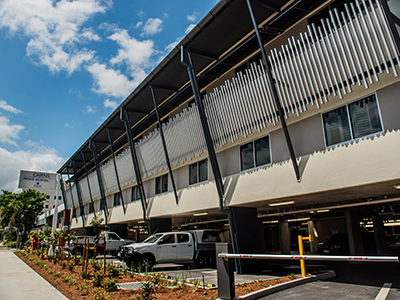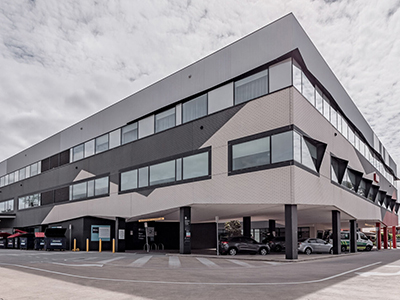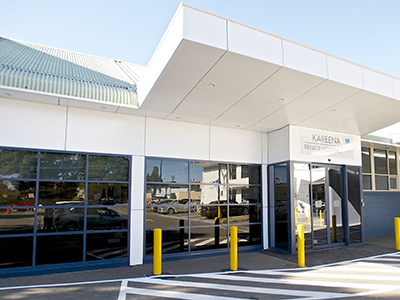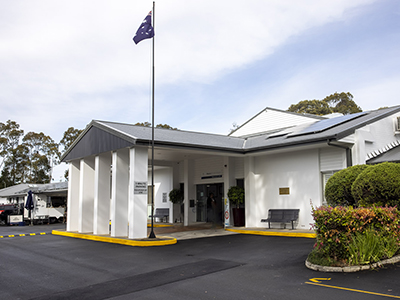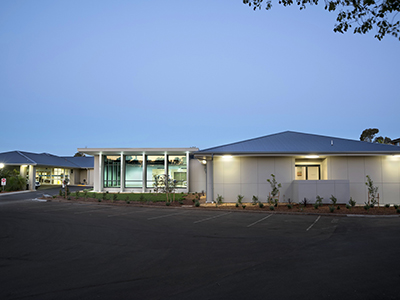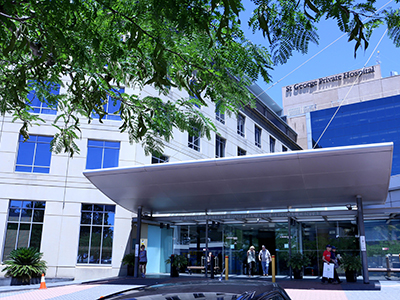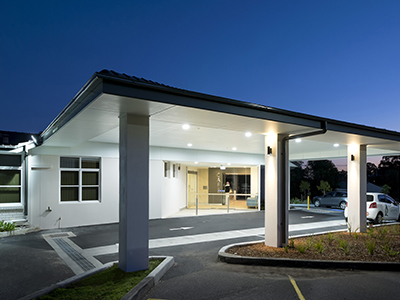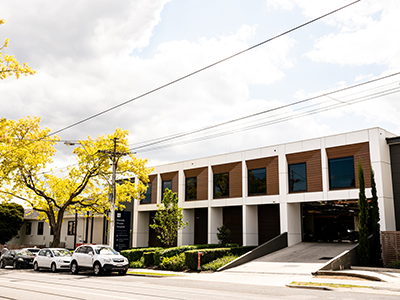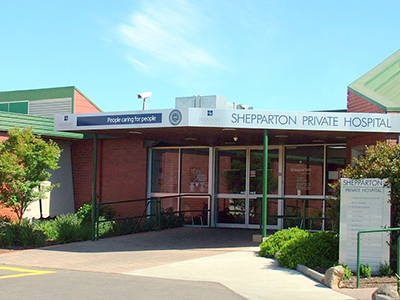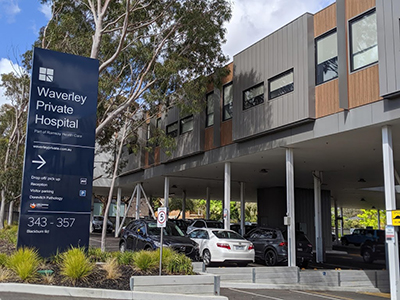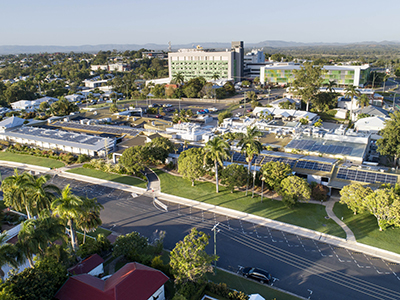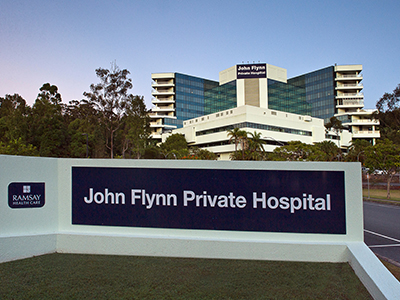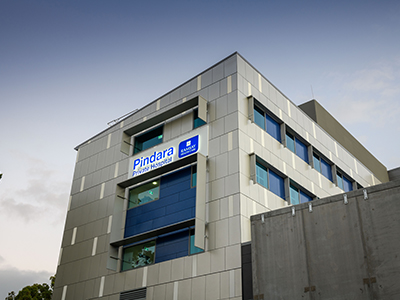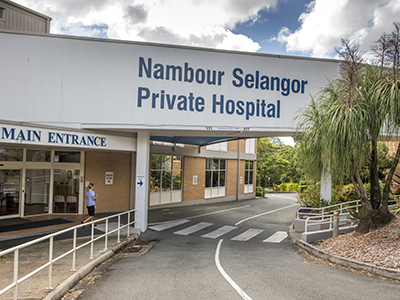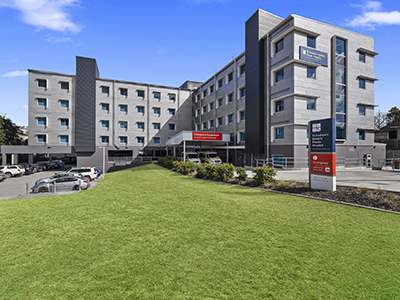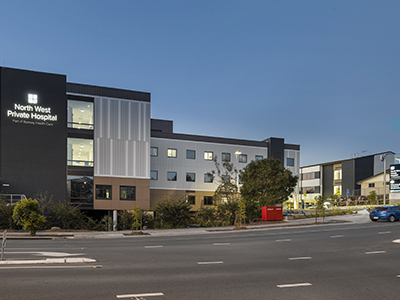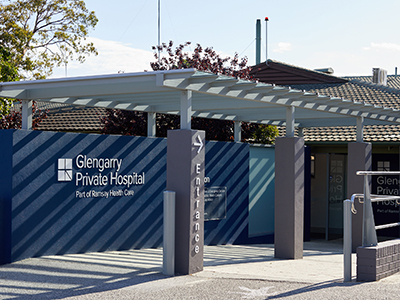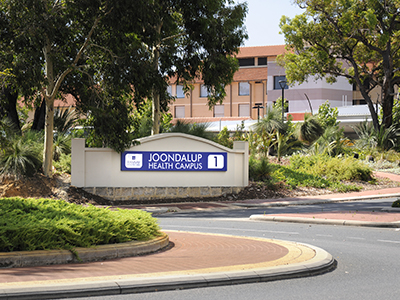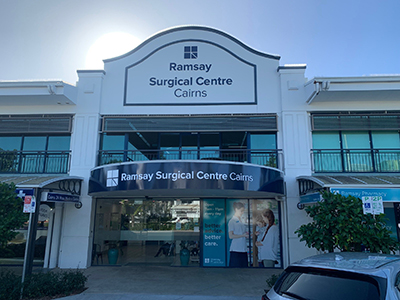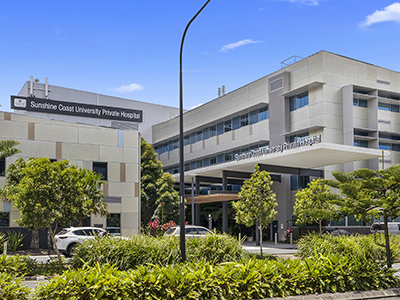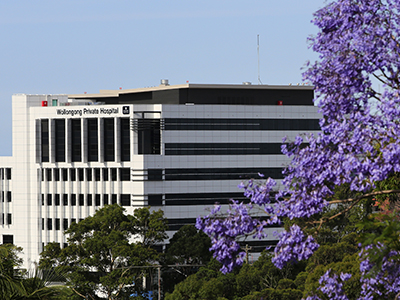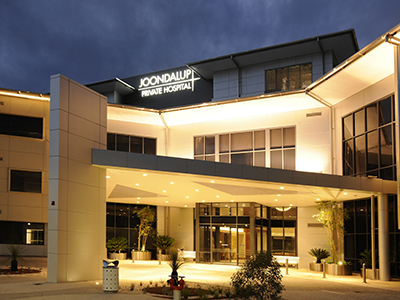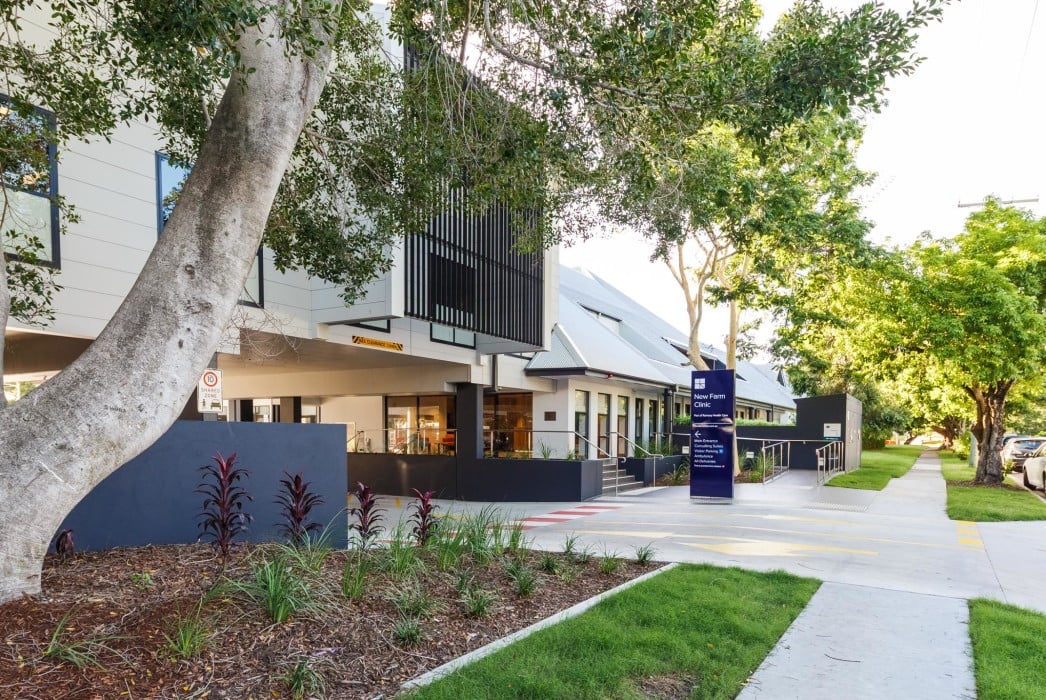Paediatric surgery
Paediatric surgery is a specialised area of care for babies, children and teenagers who need surgery. Specialists in this field are trained to understand the unique needs of young patients and their families.
At Ramsay Health Care, we’re committed to providing safe, gentle and compassionate care. Every child deserves to be treated with dignity, kindness and respect, no matter their age.
Common conditions
Paediatric medical professionals provide expert treatment for a wide range of conditions in children. Some of the most common include:
- cleft lip/palate
- cryptorchidism (undescended testes)
- inguinal and umbilical hernias
- tongue tie
If your child needs surgery or specialist care, health care professionals will work closely with you to make the experience as smooth and reassuring as possible.
Preparing children for surgery
Helping children feel calm and supported before a procedure can improve their hospital experience.
Below is a general guide to assist with preparing for surgery. Specific advice will be provided by the child’s surgeon based on individual needs and circumstances.
Before admission day
Talking with children about an upcoming hospital visit can help ease anxiety. Simple, age-appropriate language is recommended to explain the purpose of the visit and encourage questions. If answers are unclear, health care professionals are available to assist.
Preparation tips
- Remove any nail polish or jewellery prior to hospital arrival. This supports safe monitoring during surgery.
- The hospital team will make a pre-surgery phone call with instructions, which include fasting times. Fasting is essential for anaesthesia safety and must be followed as directed. For any concerns, contact the treating specialist in advance.
Supporting children while fasting
- Avoid eating or drinking around fasting children or others in paediatric areas.
- Hot drinks are restricted in paediatric zones. Ask our staff who can assist in finding appropriate areas for refreshments.
On the day of surgery
Here is what to generally expect on the day of surgery. Your care team will guide you through each step and answer any questions you may have.
On arrival at the hospital
- Your child will be admitted, have their vital signs checked and receive an identity band.
- A hospital gown will be provided.
- Our team will review your child’s medical history and explain the day’s plan.
- You, as a parent or guardian, will also be given a matching ID band, which must be worn at all times.
Before and during surgery
- Your child will be taken to the pre-operative area for final checks.
- One parent or guardian can stay with your child in the operating theatre until anaesthesia is given.
- Once your child is asleep, a nurse will guide you back to the waiting area or ward.
- You’ll be notified when your child has moved into recovery.
- When your child is ready, you’ll be called to wait with them before they return to the ward.
After surgery and going home
- In the recovery area, our team will explain aftercare instructions and provide written discharge information.
- In some cases, the surgeon may not be available before discharge, but you will still receive clear written guidance.
- After surgery, some children may feel drowsy or unsettled. Rest is important to support recovery.
Your care team will be there to support you and your child throughout the process. If you have any concerns at any stage, please ask — we’re here to help.
What to bring to hospital
Bringing familiar items can help create a sense of comfort during a hospital stay. Items to pack will vary depending on whether the procedure is day-only or requires an overnight stay. Click the plus sign (+) on the right side of either heading to expand and view more information.
For day procedures
- A list of current or recent medications (including non-prescription), in original packaging.
- Mobility, feeding or communication aids.
- Formula and nappies, if needed.
- Any relevant scans, X-rays or test results.
- Favourite toy or comfort item.
- Dummies, if used.
- Usual bottle or cup.
For overnight stays (in addition to the above)
- Comfortable clothing and pyjamas (summer-weight, with front buttons if possible).
- Toiletries, including a toothbrush and toothpaste.
- A few books, toys or quiet activities to help keep them entertained.
Please keep in mind that storage space on the ward is limited, so we recommend leaving valuables at home. If you’re unsure about what to pack, feel free to contact the hospital team for advice.
Ramsay Newsroom
Stay up-to-date with hospital news, developments, research highlights and innovation.
